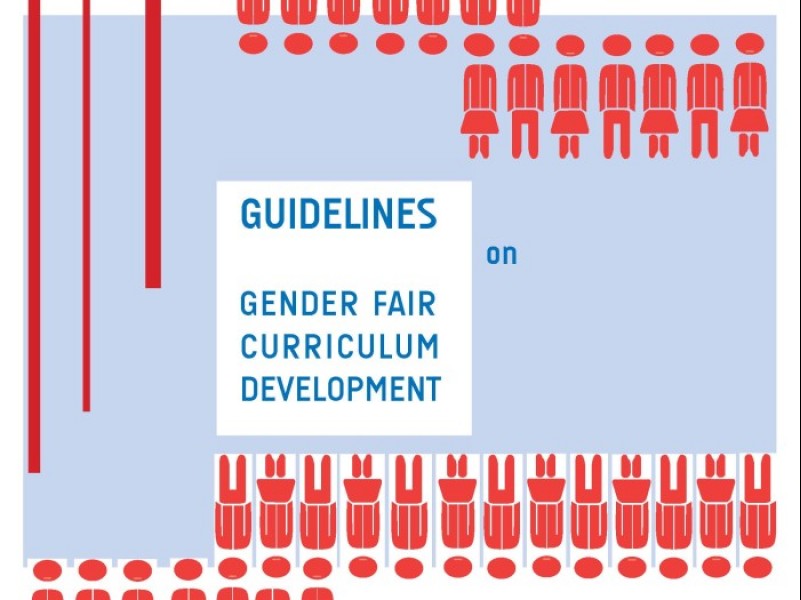It’s all about fairness – Guidelines on Gender Fair Curriculum Development
Graz. The Austrian scientist Dr. Barbara Hey, MBA - researching and teaching about gender equality at the University of Graz – has developed a comprehensive guideline on gender fair curriculum development. This piece of work is now available to download on our homepage.
Gender equality nowadays has become some sort of buzzword that you encounter in the course of various situations. Unfortunately, often people don’t realize the deeper purpose and the goal of measures that aim at enhancing gender equality. Therefore, terms like gender equality or gender fairness frequently and very regrettably remain a shallow expression. So, apart from fairness, what is the deeper purpose of gender equality?
This very question is addressed by Dr. Barbara Hey, MBA a scientist at the University of Graz, who works on different gender equality topics. One amongst them deals with curriculum reforms, a measure that often is at the heart of WUS Austria’s projects, like LMOC or MSDP, DDS just to name some. In order to take gender fairness serious and not to reduce the issue to an empty phrase it has become clear that every level of society, notably education, has to be addressed. Therefore it is self-evident to incorporate gender fairness into the design and development of curricula at universities.
The following are only some of the topics the “Guidelines on Gender Fair Development” tackle.
- Expand access to higher education and consequently the participation in relevant knowledge and labour markets
- Improve competitiveness through increased number of citizens with higher education degrees
- Exploit the full potential of society of - both female and male - talents, creativity and innovativeness
- Improve the outcome quality of research and teaching by identifying and fostering talents without prejudices, as well as excluding subject-irrelevant criteria (e.g. gender bias)
- Promote innovativeness through diversity (for an explanation of and information on the benefits of diversity please refer to the Supplement)
“Curricula hold the potential to enhance the inequality of opportunities existing in society, to address one gender more strongly than the other, to generate unequal success opportunities, and even to strengthen the already existing gender role stereotypes.” Mrs. Hey states. “Only with a proper, background knowledge-based perspective can relevant aspects for gender fairness be identified.”
If you are interested, you can download the Guidelines on Gender Fair Curriculum Development at our homepage or reserve a hard copy in one of our offices.


